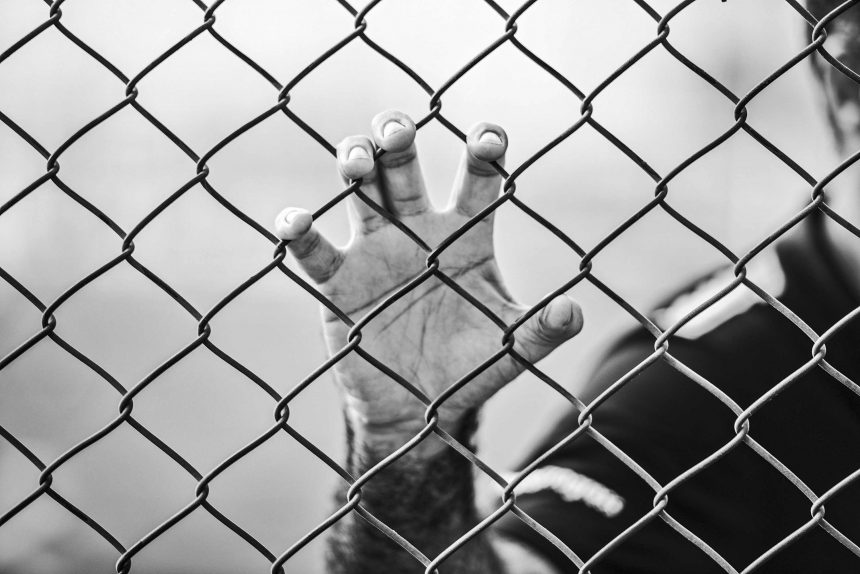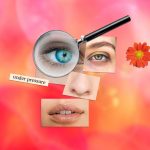With one of the lowest incarceration rates globally, Norway is known for its progressive and humane approach to prison, focusing on rehabilitation and reintegration (Berger, 2016). However, despite these efforts, there is a high prevalence of mental health and social care needs among incarcerated individuals in Norwegian prisons. In a nationwide survey, it was found that 92% of individuals in prison had evidence of mental disorders (Cramer, 2014).
The belief system of individuals regarding the causes of their mental health issues can greatly impact how they cope and seek help. ‘Prisonization’ refers to the psychological changes that occur as a result of life in prison (Haney, 2001). Factors such as loss of autonomy and separation from support networks can contribute to these changes. The prison environment and routine can also negatively affect mental health.
To address the mental health needs of incarcerated individuals, it is crucial to understand how they perceive their mental health and how these perceptions influence their coping mechanisms. This blog focuses on a study by Solakken et al. (2023) that aims to explore this issue.
The study utilized a qualitative design with a relativist ontological stance, recognizing subjective realities and knowledge co-construction between researchers and participants. Fifteen in-depth interviews were conducted in three male prisons in Northern Norway. Participants, predominantly Norwegian citizens with an average age of 44, had varying experiences in prison but all had encountered mental health challenges. The interviews aimed to delve into mental health, prison culture, and help-seeking behavior. Data analysis involved Grounded Theory methods, including line by line coding and developing conceptual categories.
The study identified three main themes: perspectives on mental health, beliefs about the impact of imprisonment on mental health, and beliefs about managing mental health problems. Participants viewed mental health as a complex concept tied to balance and well-being, emphasizing coping strategies like exercise and social interaction. They felt that prison life had shifted their perceptions of mental health, highlighting the importance of social connections and meaningful activities.
Participants linked mental health issues to various factors such as parental neglect, poverty, violence, and trauma. They saw a strong connection between the prisonization process and deteriorating mental health, particularly noting the impact of stressors in prison. Strategies for managing mental health problems favored psychosocial approaches over medication, with concerns about side effects and dependency. ADHD was viewed differently, and participants were more accepting of medication for this diagnosis.
The study’s main finding was that participants’ beliefs about mental health were closely intertwined with their experiences in prison. Importation theory and deprivation theory shed light on how these beliefs are influenced by pre-existing characteristics and the prison environment. Social support and meaningful activities emerged as crucial for mental well-being, emphasizing non-medical interventions.
While the study had strengths, such as its qualitative approach and diverse participant sample, it also had limitations. The authors acknowledged the self-selecting nature of the sample and cautioned against generalizing the results.
These findings have implications for mental health interventions and policies in prison settings. In Norway, where services for incarcerated individuals are being improved, the study underscores the need for holistic approaches that address social, environmental, and cultural factors alongside clinical symptoms. Effective communication with individuals about their mental health beliefs is key for tailored treatment. Policy makers should focus on promoting mental health in prison through meaningful activities and social connectedness to enhance well-being.






